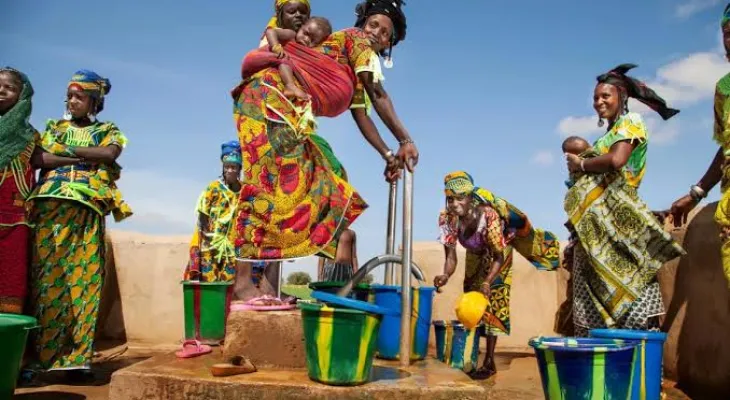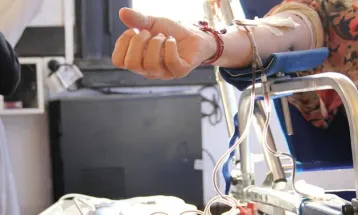
MBSSE and UNICEF Collaborate to Enhance WASH Practices in Sierra Leonean Schools
MBSSE And UNICEF Conduct Training on Water, Sanitation And Hygiene For Education Stakeholders
By Alhaji M Sheriff
The Ministry of Basic and Senior Secondary Education (MBSSE) in collaboration with UNICEF organized a comprehensive two-day training session at the Leilema Guesthouse in Pujehun town from February 22nd to February 23rd, 2024.
The primary objective of the training was to enhance the knowledge and practices of various stakeholders in the education sector, including teachers, school inspectors, school feeding monitors, and education stakeholders, on the critical areas of water, sanitation, and hygiene (WASH) in schools.
Patrick Raymond Musa, the Head of the Water, Sanitation, and Hygiene Unit at the Ministry of Basic and Senior Secondary Education, emphasized the importance of a collaborative approach to enhancing the safety, access, and availability of water, sanitation, and hygiene in schools. The training sessions covered a wide range of topics, including hygiene sanitation, open defecation in schools, solid waste management, food hygiene, personal hygiene, water resource management, and menstrual hygiene management for girls.
Participants engaged in discussions on strategies to safeguard school pumps, improve the relationship between schools and communities in managing water sources, and address the challenges related to school toilets. The training underscored the pressing need for urgent action to improve the availability of water (37.6%) and sanitation (11.7%) in schools within the Pujehun district.
Councillor Mohamed Saffa Puma, the Health Committee Chairman of the Pujehun District Council, expressed gratitude to UNICEF and the Ministry of Basic and Senior Secondary Education for organizing the insightful training sessions. He assured that the knowledge gained would be effectively utilized to support education stakeholders in the district and to ensure the implementation of best practices in schools.
In conclusion, the collaborative efforts between MBSSE and UNICEF in conducting this training have been instrumental in promoting the importance of water, sanitation, and hygiene in schools and in equipping education stakeholders with the necessary knowledge and skills to create a safe and healthy learning environment for students in Sierra Leone.

















